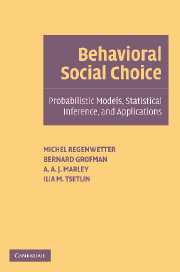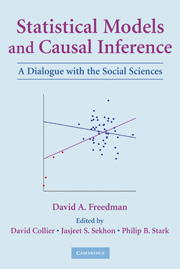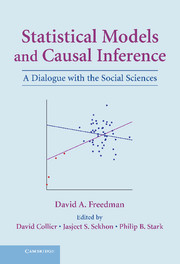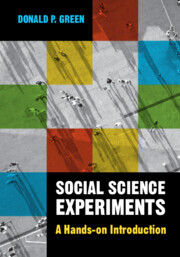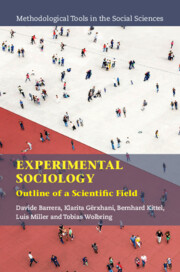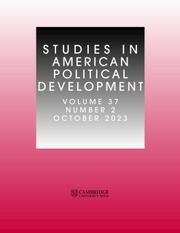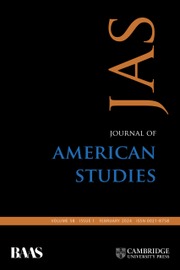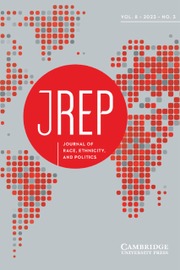Behavioral Social Choice
Behavioral Social Choice looks at the probabilistic foundations of collective decision-making rules. The authors challenge much of the existing theoretical wisdom about social choice processes, and seek to restore faith in the possibility of democratic decision-making. In particular, they argue that worries about the supposed prevalence of majority rule cycles that would preclude groups from reaching a final decision about what alternative they prefer have been greatly overstated. In practice, majority rule can be expected to work well in most real-world settings. Furthermore, if there is a problem, they show that the problem is more likely to be one of sample estimates missing the majority winner in a close contest (e.g., Bush-Gore) than a problem about cycling. The authors also provide new mathematical tools to estimate the prevalence of cycles as a function of sample size and insights into how alternative model specifications can change our estimates of social orderings.
- Challenges existing wisdom (stemming from Arrow's Impossibility Theorem) that democratic decision-making is inherently flawed
- Close link between theory and empirical applications, including data on real-world elections in US and Europe
- New mathematical tools to estimate majority rule relationship from sample data
Product details
May 2006Paperback
9780521536660
258 pages
229 × 152 × 14 mm
0.38kg
8 tables
Available
Table of Contents
- Part I. Probabilistic Models of Social Choice Behavior:
- 1. The lack of theoretical and practical support for majority cycles
- 2. A general concept of majority rule
- Part II. Applications of Probabilistic Models to Empirical Data:
- 3. On the model dependence versus robustness of social choice results
- 4. Constructing majority preferences from subset choice data
- Part III. A General Statistical Sampling and Bayesian Inference Framework:
- 5. Majority rule in a statistical sampling and Bayesian inference framework
- 6. Conclusions and directions for future behavioral social choice research.

